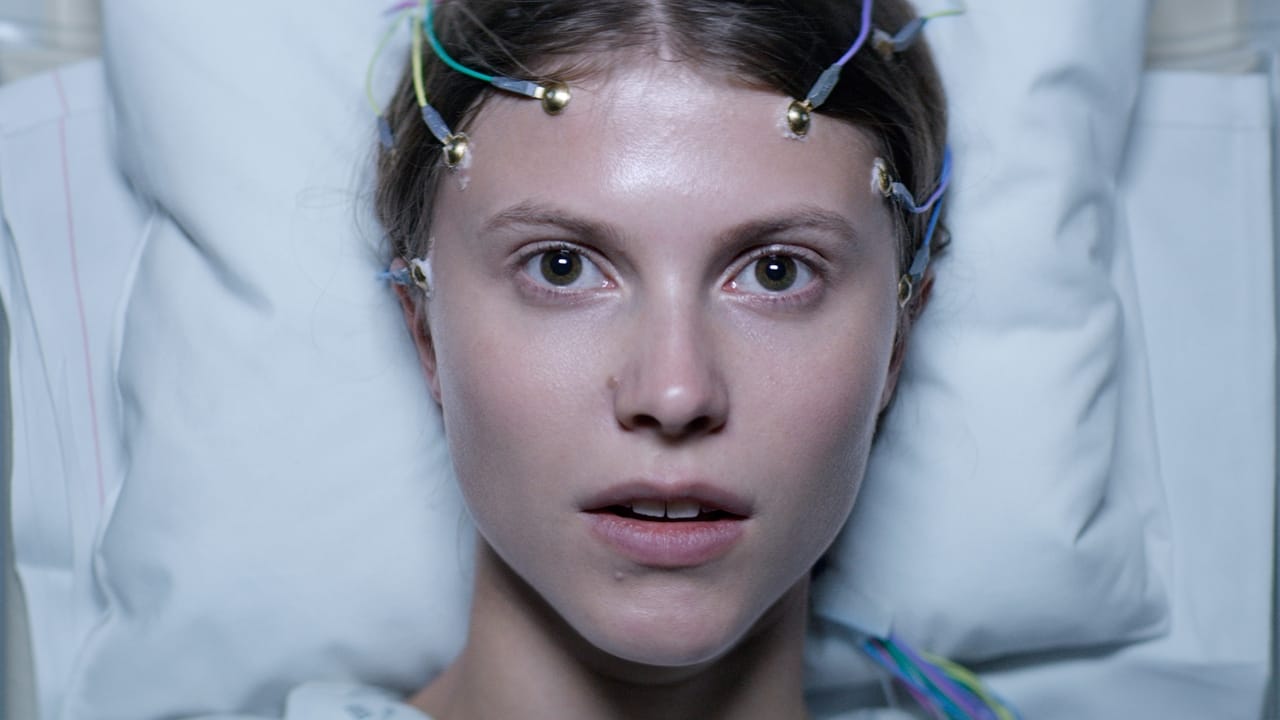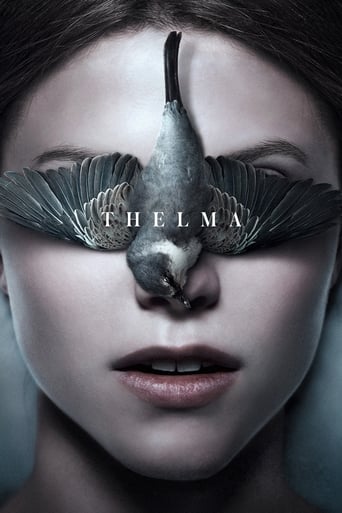



Highly Overrated But Still Good
Good concept, poorly executed.
Awesome Movie
At first rather annoying in its heavy emphasis on reenactments, this movie ultimately proves fascinating, simply because the complicated, highly dramatic tale it tells still almost defies belief.
View MoreThe film was excellent but they seriously need a seizure warning somewhere.
View MoreGood looking film, clearly made with good intentions, but ultimately seems to lack conviction or even direction. I recognised tiny bits of the film and realised I must have seen a trailer some time ago that included the amazing scene near the beginning set in the university library when birds hit the windows and a girl falls into a seeming epileptic fit. Great photography most of the time, a wonderful and very believable performance from Eili Harboe lead us into a fascinating mystery involving drink, drugs, seizures and the supernatural. I don't now if the director had a clear idea of how to finish this film but I certainly found the end section most unsatisfactory, which is a shame because not only is it hard to believe but undermines much of what has gone before.
View MoreDirectly from the north comes a drama with fantasy elements that fits overwhelmingly into the long list of great films that made 2017 a truly remarkable year as far as film quality is concerned. Probably this is also one of the most curious and interesting because full of great imagination mostly visual that breaks the screen with penetrating and strongly incisive images that often make use of symbolic and imaginary elements, mostly religious, to cross metaphorically themes such as religion, in particular the Catholic one, the inner search for one's own identity and the acceptance of it, above all of its apparent defects which, if understood and managed, can prove to be strong points. A labyrinth of images that enter in the head of the viewer that remains totally fascinated and therefore involved, thanks above all to a mature, serious and elegant direction that is able to perfectly mix the fantastic component with the real one, thus making the film extremely credible. A pure film that fits into the mind of the public, who, in the days following the vision, will continue to think about it, wanting to see it again a second7 time. In short, a great film that perhaps suffers from a certain coldness in various moments that goes against other moments that are instead very emotional because real and human. This contrast slightly affects the overall vision without, however, compromising it. Special mention for beautiful cinematography, characteristic rather like in Nordic films, with rigid and very atmospheric colors.
View MoreWell, I certainly didn't have an intention to watch this film as it looked like a horror/erotic movie from description and trailers, but in the end the positive reviews won, and so, I must admit that it hasn't been in vain. The photography is awesome and storytelling is good, although I feel there was a vast space needing to be filled with more substance but instead the film's tended toward more mystery, and less toward casting light over the right questions. The most profound thing for me were the parents' actions. The comparison to other cases in the past wrongfully labeled or the insight to the epilepsy or epilepsy-like symptoms were a great parallel and insights in the others' struggles. It totally gives another perspective in the matter. This movie is the reason why I'm watching everything I can get my hands on next from the director Trier. (I saw that he's related to the big Lars). Maybe it's not fair to make comparisons between both, but I felt a lot of similar energy to this product, as with other works of Lars.
View More